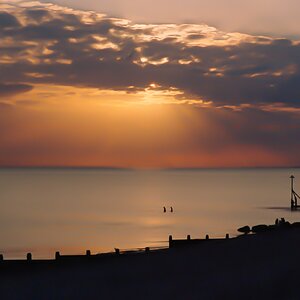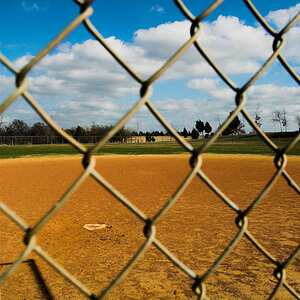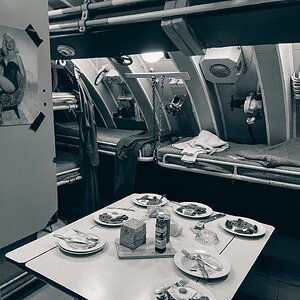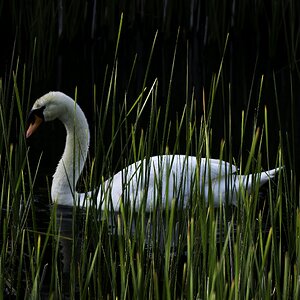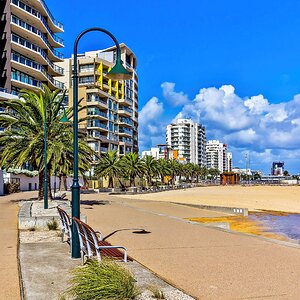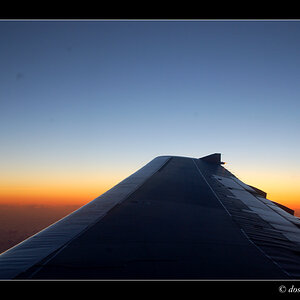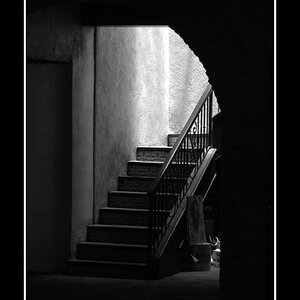awe
TPF Noob!
- Joined
- Feb 23, 2007
- Messages
- 83
- Reaction score
- 0
- Can others edit my Photos
- Photos OK to edit
Hi everybody!
First of all, I'm new here, so: Hi, I'm Alex
I'm quite new to (digital) photography, I must say. But it's something that I've been quite interested in (among other similar things like film) for a long time, and so I started to take my dad's camera and go out and shoot. I can even say that I developed some kind of "sense" for nice motives and themes over the time. However, I must say that I don't know anything AT ALL about cameras, which sort of constrains me. For example, the right blurring of things that are further away, or how to use lighting correctly. Those kinds of things are really difficult right now, if not unachievable, because of my lack of knowledge.
So I guess my question is: What resources are there to learn more about photography and cameras? Are there any books I should definitely read? I've seen some articles here, those seem interesting, too. How have you learned the art of photography?
My next question will probably annoy some of you, because it has been asked so many times: What camera should I buy?
I know that I want a digital camera, because I want to edit my photos on the computer. Other than that, I don't have a clue what to look for. Are there any important features a camera should have? Or shouldn't?
I guess what I need is an all-round camera. Not much help, eh? :mrgreen: Also, (and yes, you are allowed to sigh) I'm on a budget here, because I'm a student.
Well, that's it, I'm grateful for all replies. Thanks!
First of all, I'm new here, so: Hi, I'm Alex

I'm quite new to (digital) photography, I must say. But it's something that I've been quite interested in (among other similar things like film) for a long time, and so I started to take my dad's camera and go out and shoot. I can even say that I developed some kind of "sense" for nice motives and themes over the time. However, I must say that I don't know anything AT ALL about cameras, which sort of constrains me. For example, the right blurring of things that are further away, or how to use lighting correctly. Those kinds of things are really difficult right now, if not unachievable, because of my lack of knowledge.
So I guess my question is: What resources are there to learn more about photography and cameras? Are there any books I should definitely read? I've seen some articles here, those seem interesting, too. How have you learned the art of photography?
My next question will probably annoy some of you, because it has been asked so many times: What camera should I buy?
I know that I want a digital camera, because I want to edit my photos on the computer. Other than that, I don't have a clue what to look for. Are there any important features a camera should have? Or shouldn't?
I guess what I need is an all-round camera. Not much help, eh? :mrgreen: Also, (and yes, you are allowed to sigh) I'm on a budget here, because I'm a student.
Well, that's it, I'm grateful for all replies. Thanks!


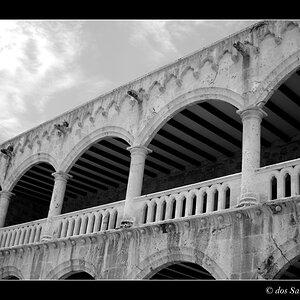
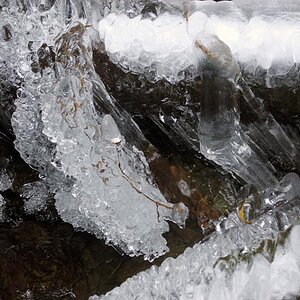
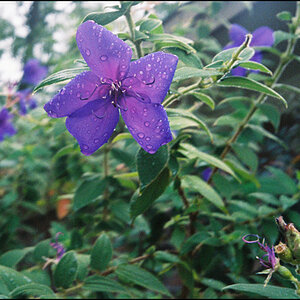
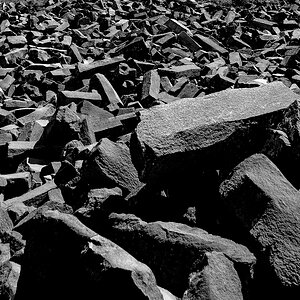
![[No title]](/data/xfmg/thumbnail/37/37494-d432dd0601f47668ec55d04f350f243b.jpg?1619738113)
